THE FAST DIET: Get Thin Quick By Starving Yourself Two Days A Week
First, let's understand what happens to your body when you fast.

The 5:2 diet, based on intermittent fasting, is different from calorie restriction or starving.

Intermittent fasting is not the same as prolonged calorie restriction, or starving. That would be when our body doesn't take in enough nutrients to maintain a normal, healthy lifestyle.
Intermittent fasting involves "eating fewer calories, but only some of the time," Mosley writes.
Mosley admits that prolonged fasting is not sustainable and will ultimately result in muscle loss.
With the FastDiet, you never go for longer than 24 hours without eating.
Source: The FastDiet
Ok, so where's the science?
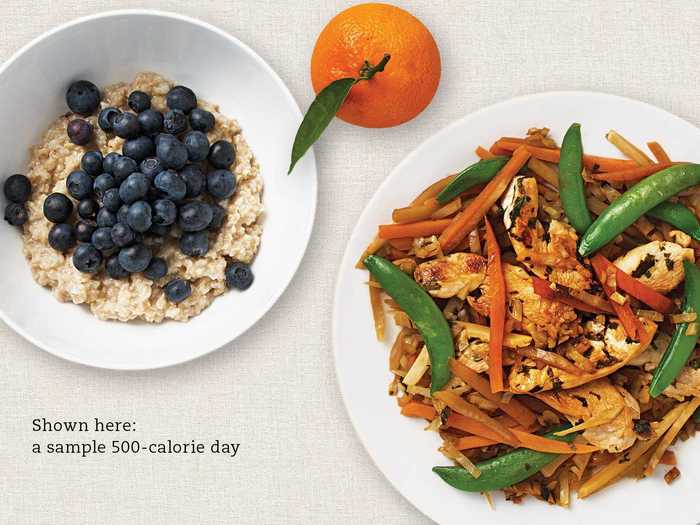
Intermittent fasting improves learning and memory by stimulating new brain cells in the region of the brain responsible for memory.
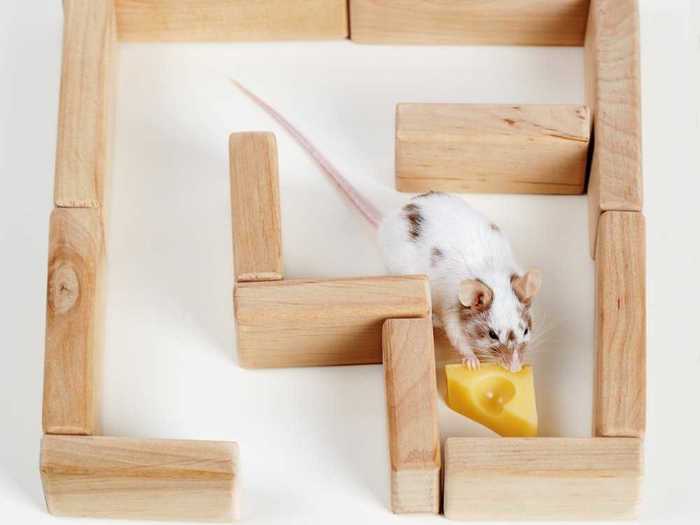
In a study with mice, neuroscientist Mark Mattson found that intermittent fasting increases levels of a protein called brain-derived neurotrophic factor, or BDNF.
This, in turn, stimulates new brain cells in the hippocampus, the region of the brain that is responsible for memory. (Shrinking of the hippocampus has been linked to dementia and Alzheimer's disease).
In the lab, Mattson fed one group of mice a diet of junk food, while a different group of mice ate a low fat diet and fasted for part of the week. The mice fed junk food became fat and had more problems navigating the maze to find food. The fasting mice had more BDNF in their brains.
Source: The FastDiet
Intermittent fasting is based on the feast and famine diet of early man.

Why does our hippocampus grow in response to fasting? It all goes back to our hunter-gatherer days, when people would go for long periods of time without food. The theory goes that our brains would have needed to be even sharper in order to find food during these periods of fasting.
The brain's response to fasting was a survival skill, Mattson argues.
We can't be absolutely certain that humans grow new brain cells as a result of fasting because no experiments have been performed on humans to test this.
Source: The FastDiet
Intermittent fasting improves your mood.
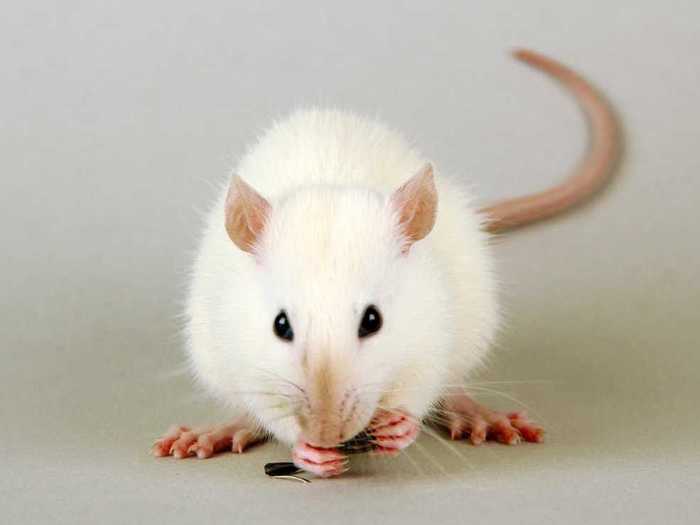
Earlier we mentioned a protein called brain-derived neurotrophic factor, or BDNF, that helps improve memory. It turns out the same protein has been shown to suppress anxiety and elevate mood.
Mattson showed this to be true in a study of rats. He injected BDNF into their brains and it had the same effect as a regular antidepressant.
Again, this test hasn't been performed on humans.
Source: The FastDiet
Intermittent fasting increases the effectiveness of insulin, a hormone that affects our ability to process sugar and break down fat.
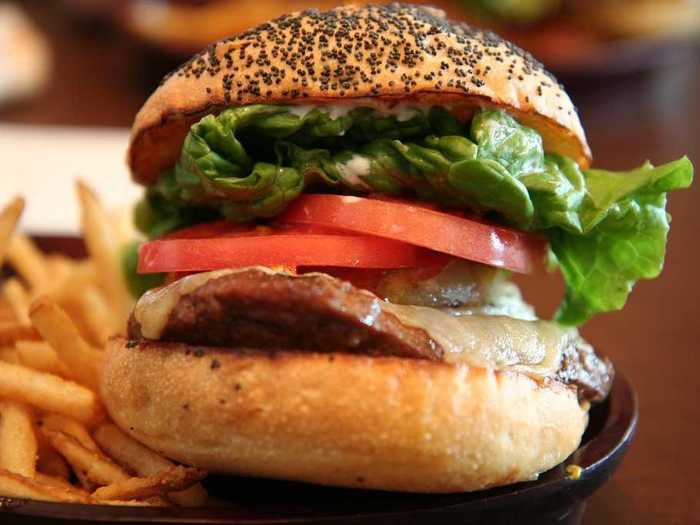
When we eat carby foods, or foods high in sugar and starches, it causes our blood glucose levels to rise.
Our body produces the hormone insulin as a reaction to eating to keep our glucose (which gives our cells energy) from going way up or way down. It does this by taking some glucose out of the blood and storing it as glycogen in the liver, to be used later.
Insulin also encourages fat cells to take up fatty acids and store them, the way it encourages liver cells to take up sugars and store them.
Studies have shown intermittent fasting boosts the effectiveness of insulin to store glucose and break down fats, something called insulin sensitivity. "Increased insulin sensitivity will reduce your risk of obesity, diabetes, heart disease, and cognitive decline," Mosely writes.
Source: The FastDiet
Fasting could help you live longer.

Another way fasting works is by reducing the amount of IGF-1 your body produces, according to Valter Longo at the University of Southern California. Less IGF-1, an insulin-like growth hormone, has been shown to reduce your risk of many age-related diseases, like cancer.
"You need adequate levels of IGF-1 and other growth factors when you are young and growing, but high levels later in life appear to lead to accelerated ageing and cancer," Mosley writes.
To test his theory, Longo genetically-engineered mice so that their bodies did not respond to IGF-1. He found these mice lived twice as long as the average mouse, and were healthy, when their calories were restricted.
Source: The FastDiet
Fasting could help fight cancer.
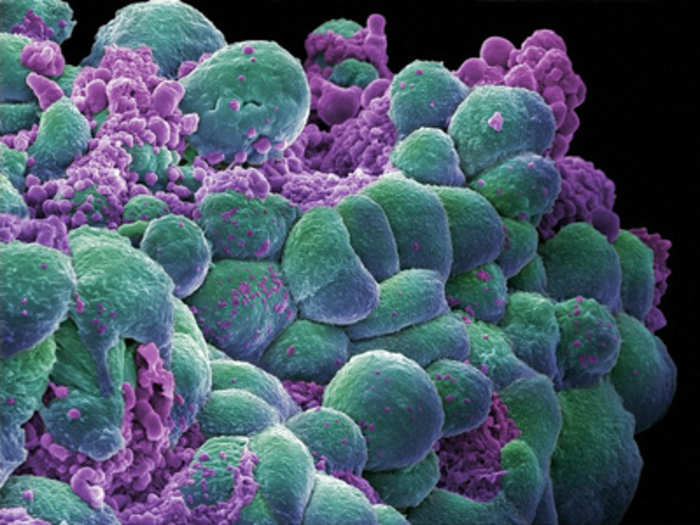
When our body doesn't have food, our normal cells go into survival mode by slowing down and "hibernating," Mosely explains. Cancer cells, on the other hand, continue to act as they normally would, by dividing and multiplying, using up their limited energy source.
Longo found that fasting could help fight cancer by protecting healthy cells (forcing them into hibernation) against chemotherapy, which means fewer side effects, like hair loss.
Source: The FastDiet
There are downsides to fasting, too.

So far you've learned how fasting can help us live longer, look younger, and ward off memory loss. But not everyone buys into this diet.
"Despite its increasing popularity, there is a great deal of uncertainty about IF with significant gaps in the evidence," Britain’s health agency, the National Health Service, wrote on its website after the book was published in January ("The FastDiet" hit U.S. bookshelves in mid-March).
Lisa Moskovitz, a Manhattan-based registered dietitian agrees: "There is limited evidence that shows a few days of calorie restriction will have any better results than following a moderately restricted calorie diet on all days of the week," she told us in an email.
Now I understand how intermittent fasting works, but how do I get started?

1. Get yourself to a doctor.

We do not recommend starting this diet without the supervision of doctor and before getting the necessary tests.
Moskovitz also shares a warning: "While the diet may not be dangerous for everyone, I would not recommend this plan for anyone with diabetes as it can affect blood sugar medications. I would also not recommend this type of eating for intense exercisers either, especially on fasting days as it can be hard to sustain activity."
2. Record your weight and BMI.
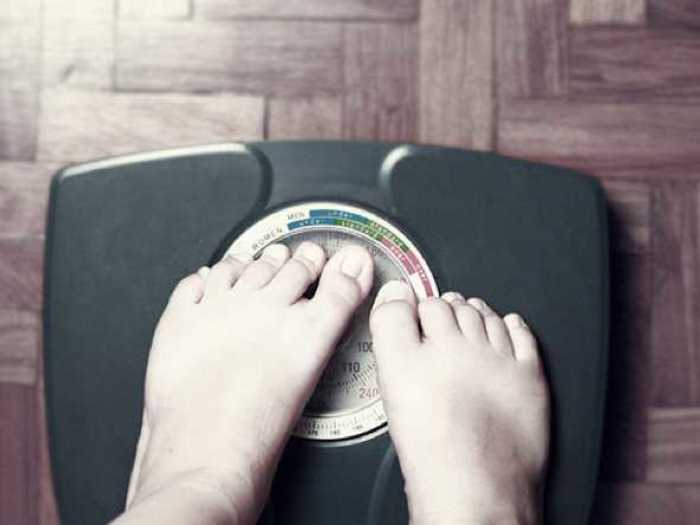
Learning your weight is as simple as stepping on a scale. Your BMI, or Body Mass Index, is the weight (in pounds) divided by your height (in inches) squared, multiplied by 703. If you don't want to do all that, you can just use this easy BMI calculator.
Note your progress with a diary. You don't need to weigh yourself every day (that's a bit excessive), but Mosley recommends stepping on the scale about once a week.
Source: The FastDiet
3. Decide what days you are going to fast.

Everyone on the diet will eat normally five days out of the week and limit calories for two of those days. But you can decide how to split up those calories.
Mosley decided to split his 600 calories between breakfast and dinner. Spencer chose to eat two meals with a few snacks in between.
There is some evidence, according to the authors, that going for a longer period of time without eating produces better results, meaning Michael's strategy could be more effective.
Source: The FastDiet
4. Decide what foods you're going to eat. Choose foods that will keep you full, longer.
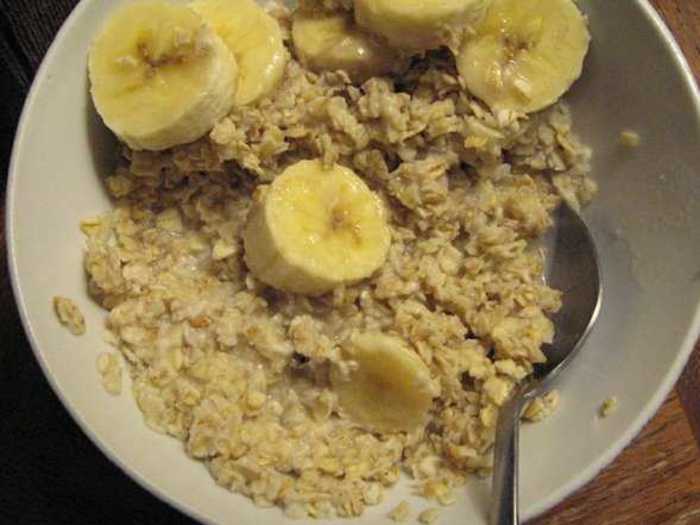
"Your aim is to have food that makes you feel satisfied but stays firmly within the 500-600 calorie allowance — the best options to achieve this are foods that are high in protein and foods with low glycemic index," the authors write.
This includes foods like oatmeal, granola, nuts, seeds, beans, and eggs.
(One chapter of "The FastDiet" book is entirely devoted to menu plans.)
Source: The FastDiet
Here is an example of a 500-calorie meal: Breakfast includes cottage cheese, a sliced pear, and a fresh fig. Dinner is salmon and tuna sashimi with soy sauce, wasabi, pickled ginger, and a tangerine.
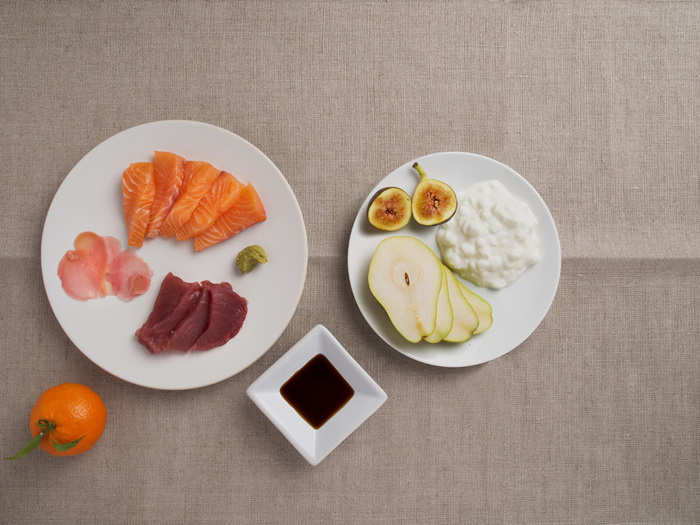
Source: The FastDiet
Here is an example of a 600-calorie meal: Breakfast is boiled eggs, asparagus spears, whole grain toast, and two plums. Dinner is Thai steak salad.
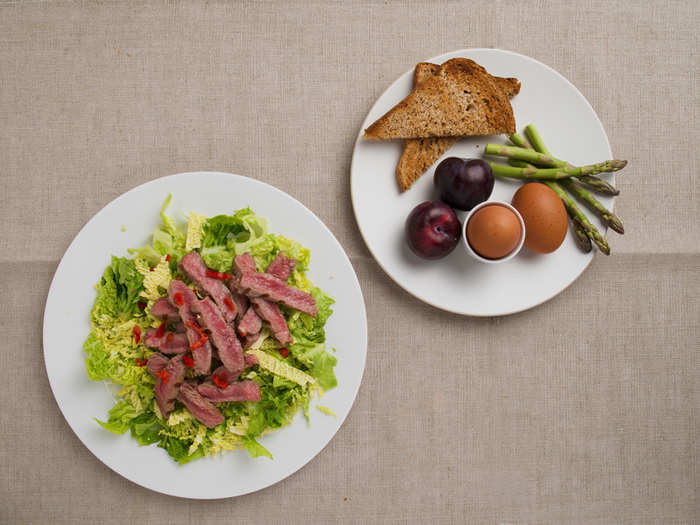
Source: The FastDiet
Advertisement
